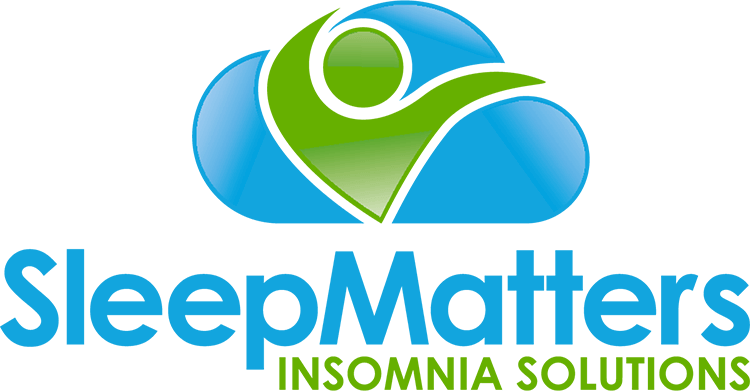Many people believe that alcohol assists sleep. While it’s true that alcohol may help you initially get off to sleep, this is offset by a less restful slumber later in the night. As the silly season gets underway, it can be useful to bear in mind the impacts of alcohol on sleep.
After a few drinks, we are more likely to experience wakings from sleep, and to feel that sleep was unrefreshing.
Alcohol is often used as an aid by poor sleepers. One study found that nearly one third of people with insomnia had used alcohol to help them fall asleep. People chronic insomnia used alcohol on average of 6.8 nights/month.
There is also a dose effect. Research suggests that 1-2 drinks can assist with getting off to sleep and can increase deep sleep in the first half of the night….but research suggests that this deep, or slow wave sleep (defined by EEG delta waves) is accompanied by EEG alpha waves which usually only occur during wakefulness. It is thought that this alpha activity during deep sleep might make the sleeper more vulnerable to waking up. Three or more drinks, however, is likely to lead to reduced rapid eye movement (REM/dreaming) sleep and further disruptions.
The withdrawal affects of alcohol help us understand some if the disruption on sleep. Since alcohol is metabolised relatively quickly (generally by the second half of the night), most individuals who have a few drinks before bedtime, will experience withdrawal symptoms such as shallow sleep, multiple awakenings, sweating, general arousal, and REM rebound (increased REM sleep that occurs as a result of REM having been suppressed by the alcohol in the first half of the night) which is associated with nightmares or vivid dreams.
A further important negative impact of alcohol on sleep is the effect on breathing-related sleep disorders. Increased deep sleep and greater muscle relaxation after ingesting alcohol can lead to increased frequency of apneas in those with obstructive sleep apnea. In those vulnerable to sleep walking, alcohol may increase the likelihood of this.
See other Sleep Matters blog posts
Book an appointment with the Sleep Matters team
